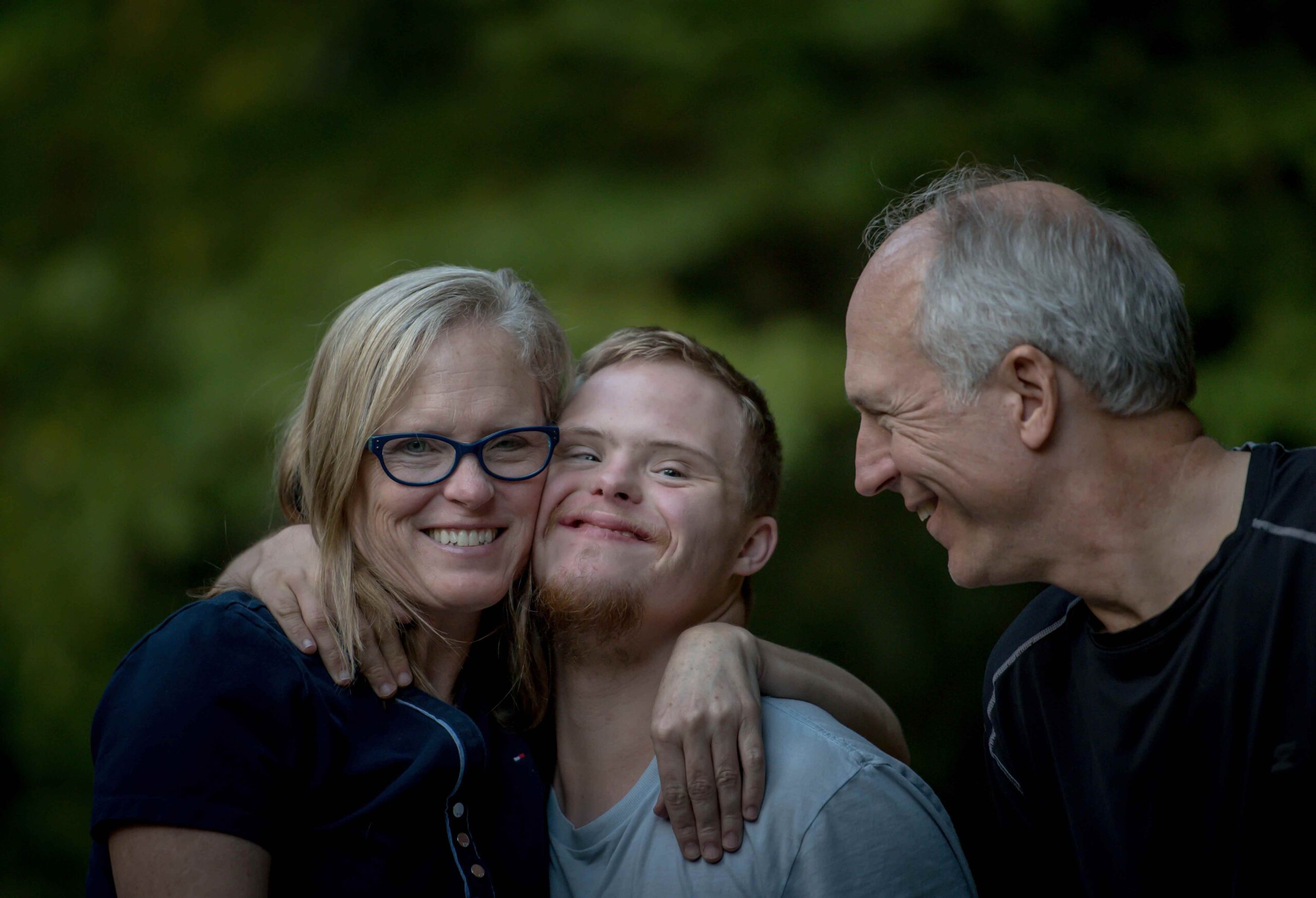Our Father Values His Children
KARI STAINBACK|GUEST This morning a nest of baby finches on my patio exploded with activity. Wild finches love to nest on my third-floor patio behind my wall lamp. I assume they see it as a safe place to start off their family, out of sight and away from so many natural dangers. I hear the baby birds' squeaky chirps and the joyful songs of their mom and dad sing as they happily share the responsibility of feeding these tiny babies. How amazing that the finches know just where to build a secure nest to establish their offspring. Each parent cares for and warms the eggs until the baby birds hatch. They both know just what to feed the little ones so that, in two weeks or so, they will be ready to leave the nest and learn to fly. But for those two weeks, referred to as the “fledgling stage” the baby birds still depend on their parents to provide for them. No doubt, Jesus also observed this amazing creation phenomenon with birds knowing that His Father, the God of all Creation, wisely made the birds with this innate wisdom to procreate and provide for their young so well. After all, the Father is the first cause, the Provider for these birds in season and out of season. Jesus spoke of this in Matthew 6:26-27: Look at the birds of the air: they neither sow nor reap nor gather into barns, and yet your Heavenly Father feeds them. Are you not of more value than they? And which of you by being anxious can add a single hour to his span of life?...










